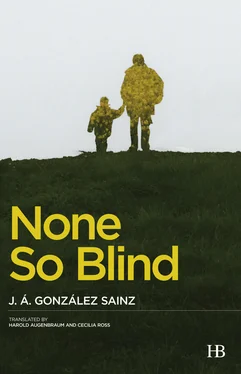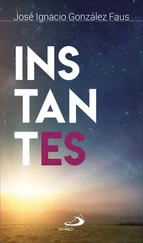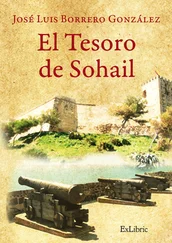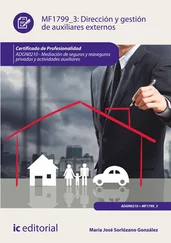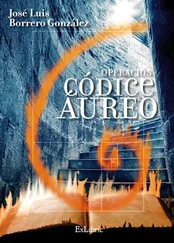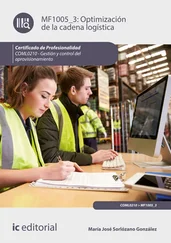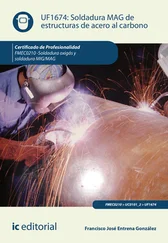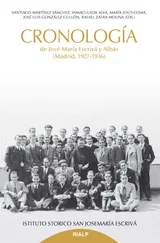As he reached the first streets — the sky had been impeccably blue but had given way again, just like that afternoon twenty years ago, and you might say almost just as suddenly, to a cottony landscape of ever more threatening clouds — a hurricane-force wind suddenly began sweeping everything up and sending everything haywire, as if it could no longer bear to have things where they were. Little whirlwinds of dust and dirt were kicked up everywhere and every which way; tumbleweeds and gritty particulates like multiple BB blasts stuck like tiny needles in his cheeks and forehead, and the dust, the dust everywhere, as if everything had been turned into to dust, it got into the corners of your eyes as if to ensure that nothing at all, least of all your sight, could remain safeguarded from that vortex.
How difficult it is to always imagine, before something throws everything into a frenzy, all the many things that could fall at any moment, that could suddenly totter and break into pieces or become instantly shut down forever, all the things that could possibly go wrong. Only the plastic bags, inflated and puffy, had a hard time falling; they were full of the very thing that was sending everything else out of control, and so they remained airborne for a long time, tossed capriciously back and forth.
Then suddenly — just like the other time, there was no one left out on the streets, rushing cars, closing doors — the first isolated drops began to fall, giant, fat drops, of a girth so incomprehensibly fat that they pounded into the dust that had piled up on the sides of the roads with a muted sound, damped out, as if they were smothering something spread out and thin. For a moment it seemed that everything was suspended, the water, the dust, the blades of grass, and the plastic bags in the air, and that everything was anticipation or fear, imminence and lying in wait, but in a flash — as if the sky had ripped open, as the phrase on many people’s lips in such cases goes — a torrential rain accompanied by colossal thunderclaps that echoed with strange, evocative power suddenly began to shake everything, to soak everything and overflow everything and spill out everywhere. The storm drains couldn’t keep up, and in no time at all there formed great torrents of water that swept everything in their paths — sticks, grass, plastic scraps, and cans — along newly-formed streams that rounded up water from drain pipes and sloshing gutters as if hoping to encompass it all, engulf it all, and inundate it all. The worst thing, Felipe, Felipe Díaz Carrión, had repeated many times over the course of those twenty years, perhaps recalling these end-of-summer storms, might not be so much what’s happening now, no matter how dreadful that may be, but that the particulates and dust that get in your eyes blind you and prevent you from seeing it beforehand, and then anything can happen, anything.
15
At the beginning of October, the first October he spent back in the village, his son Felipe announced he was paying him a surprise visit. I’ll get there at around dinnertime, he’d said, before hanging up the phone in what seemed to him a brusquer manner than usual. Plus, it was Saturday, and like all Saturdays and holidays, assuming he hadn’t been fired from the restaurant or something else had happened, he thought, he was supposed to be working. That weekend job of his allowed him to underwrite part of his room, board, and tuition in Madrid, and he was very proud of it, so this visit, as happy as it made him, couldn’t but seem odd to him. Something’s going on, he conjectured. But beyond this first moment of suspicion, which had been affixing itself to his character like lichen to the bark of a tree, the joy of seeing his son again quickly prevailed; he must want a weekend away to relax, he thought, what’s so strange about that, or maybe he even wants to go foraging for mushrooms to bring back to the restaurant.
He hadn’t seen him at all since the end of August, when he’d come to stay with him for a couple of weeks and spent the mornings helping him in the fields. He only called him from time to time to see how he was doing and tell him about some adventure or other of his in Madrid and, more than anything, to reminisce about their early-morning, summer walks along the road by the river. Much of the time they walked in silence, and other times, as their usual custom had always been, commenting on the plants they were seeing or on the progress and state of the crops in the fields — if you go down there, you’ll see the henbane, his father told him the first day — but whether they were silent or talking, listening to the rhythmic sound of their footsteps on the dirt or the quiet voices of their inner thoughts and conversations, the two of them seemed to move along with a serenity that one might call a prolongation or emanation of the road itself, because perhaps it’s possible that just as a pebble can get into your shoe, there is something that can also get inside you and make your blood flow at that same, ideal pace at which water rushes along a river or leaves adapt effortlessly to the wind. Roads remove self-conceit, his father had told him one morning, they draw importance away from things that don’t have it in order to give it, but in a more resignedly sensible way, to that which does truly possess it.
But when they got to the small, stone cross beneath the promontory of Pedralén, they always stopped for a while; they would go over and over their memories and they would go over the names as if they needed to remember them all again and read them all again, and when they got to Felipe Díaz, both of them, every time, would think how this could be the name of either one of them, or how, in fact, it already was. They would be quiet then, though it wasn’t a silence of no words, it was more a din of words crowding together, colliding into each other, and piling onto one another until they were effectively neutralized and remained in the end always on the impotent, stunned brink of the impenetrable, of that which is essentially and necessarily ungraspable despite being the simplest thing in the world and always being the same, like that road, or as if the inexhaustible power of those questions we are least able to respond to, despite not doing anything else in this life other than trying to respond to them, were eternally springing from that which is always the same and the simplest.
The pandemonium of the simple, he recalled having heard his father say and having thought, himself, on several occasions, the thundering of the silent, the violent discord of that which is self-evident — namely, that one is born, and one dies, like leaves and plants; that the days pass quickly, like water in the river, and that in them there are good hours and also hours that are decidedly bad, or worse (as happens with people, too, for that matter, there are bad ones and then those who are worse still, his father — Grandfather — would always say, and you never knew if he said it jokingly, or half-jokingly, or perhaps in utter seriousness); and that sometimes things turn out well and you come out ahead and then other times you lose or things come out badly, or even really, really badly, but that’s what character is for, mettle, his grandfather would say, and his father would say, mettle with which to face it all head-on, the same way the road faced the slopes and the arid gullies of the hills, and even the sheer face of Pedralén, and also the sweet span of overwhelmingly fertile land next to the river, never with any histrionics or fuss, never with any anxiety or excessive yearning (renunciation, instead), but always in the most workable, clean, well-adjusted, and practicable way, and most of the time as if it were the easiest thing in the world.
Rare was the day, once the stone cross was left behind and they were walking past the poplar grove on the final, remaining stretch before getting to the field, that they didn’t end up talking about Grandfather.
Читать дальше
